In *The Debrief*, Adam Bate reflects on researching Arne Slot’s background and ‘shiny object syndrome’; Liverpool are appointing a coach who has never failed at the highest level but is that just because he has never coached at the highest level? Friday 26 April 2024 12:24, UK
After spending 48 hours immersed in the world of Arne Slot, it is easy to convince oneself that Liverpool have identified football’s next super coach. A man operating at the tactical vanguard, an expert in man management, and a master of the media.
But listening to the praise from those who have worked with Slot, the mind was cast back to going through that same process not only with Ruben Amorim’s admirers only recently, but also when delving into the record of Erik ten Hag prior to his arrival two years ago. There were the stories of how he had transformed his previous teams, on and off the pitch. His open-door approach to management, his no-nonsense attitude that, given time, had led inexorably to success at Go Ahead Eagles, at Utrecht, and at Ajax.
Back then, Manchester United’s choice came down to Ten Hag or Mauricio Pochettino. One had just won the Dutch title, the other had just won the French title. But the key difference in how the two men were perceived boiled down to just one thing.
Pochettino had worked in the Premier League before. One might assume this to be a strength given the work that he had done at Southampton and Tottenham. Indeed, the biggest match of Ten Hag’s career had been a Champions League semi-final against Pochettino’s Tottenham – lost in dramatic circumstances.
But it was Pochettino who was tainted by the realities of the Premier League, an awareness that this was a coach who had already gone up against Pep Guardiola and the rest and come up just short. Ten Hag offered hope. He could be the guru, the man to change it all.
In psychology, it is known as shiny object syndrome. That concept came to mind when considering the list of candidates to replace Jurgen Klopp at Liverpool. After Xabi Alonso ruled himself out of contention, the names floated were Amorim and Slot.
There is a logic to pursuing the next big thing rather than the last. This is a game that is always evolving, after all. But it is only fair to point out that both benefit from being untested not just in the Premier League but any of Europe’s elite leagues.
Consider the fact that Steven Gerrard would surely have been near the top of Liverpool’s list had he only held on in Glasgow with Rangers. A series of second-place finishes would not have scrubbed him from contention. It took moving to Aston Villa to do that.
It is illustrative of the point that it was Unai Emery who engineered the sharp upturn in fortunes at Villa that has taken them to the brink of Champions League qualification. Emery has spent 20 years in management, enduring the ebbs and flows that this brings. He understandably sees the pair as proven winners.
But Emery is unfeasible now and would have been unpalatable a year ago. Even Tuchel, a Champions League winner more recently than Klopp, his Bayern Munich side currently second-favourites to lift the trophy in June, might be considered old news. Everyone knows that these are competent coaches.
But are they all-conquering heroes capable of redefining the game, capturing the imagination, perhaps taking a team like Bayer Leverkusen to a treble while unbeaten? Everyone also knows that they are not. Shiny object syndrome is a human trait but in some respects it is peculiar to the Premier League.
In Italy, for example, the culture of coaches switching clubs is more embedded. In recent years, Max Allegri and Antonio Conte have won the title with different clubs. Carlo Ancelotti’s struggles at Juventus did not prevent him being named manager of Milan.
Maurizio Sarri has won a title with the Turin club since his time at Chelsea but has less chance of a top job in England now than he did when wowing with his style at Napoli. In truth, embracing movement within the Premier League has probably never made more sense. For all the frustrations with the co-efficient this season, the strength in depth is evident.
And yet, one has detected a cooling of interest in Roberto De Zerbi and his exploits at Brighton as form has dipped following player sales and chronic injuries. He has found himself cast as Guardiola-lite rather than Guardiola-without-the-world-class-players. Such are the dangers of being over-exposed.
A shock home defeat to Twente or an awkward afternoon at Boavista can be forgotten. Nobody in England noticed. Being tactically undone by Manchester City under the Premier League microscope leaves its scars.
Familiarity breeding contempt? Perhaps that is overstating the case. But baubles can lose their shine when exposed to the Premier League glare.
Ten Hag found that out all too quickly. Slot will need to be very special indeed to avoid the same fate.
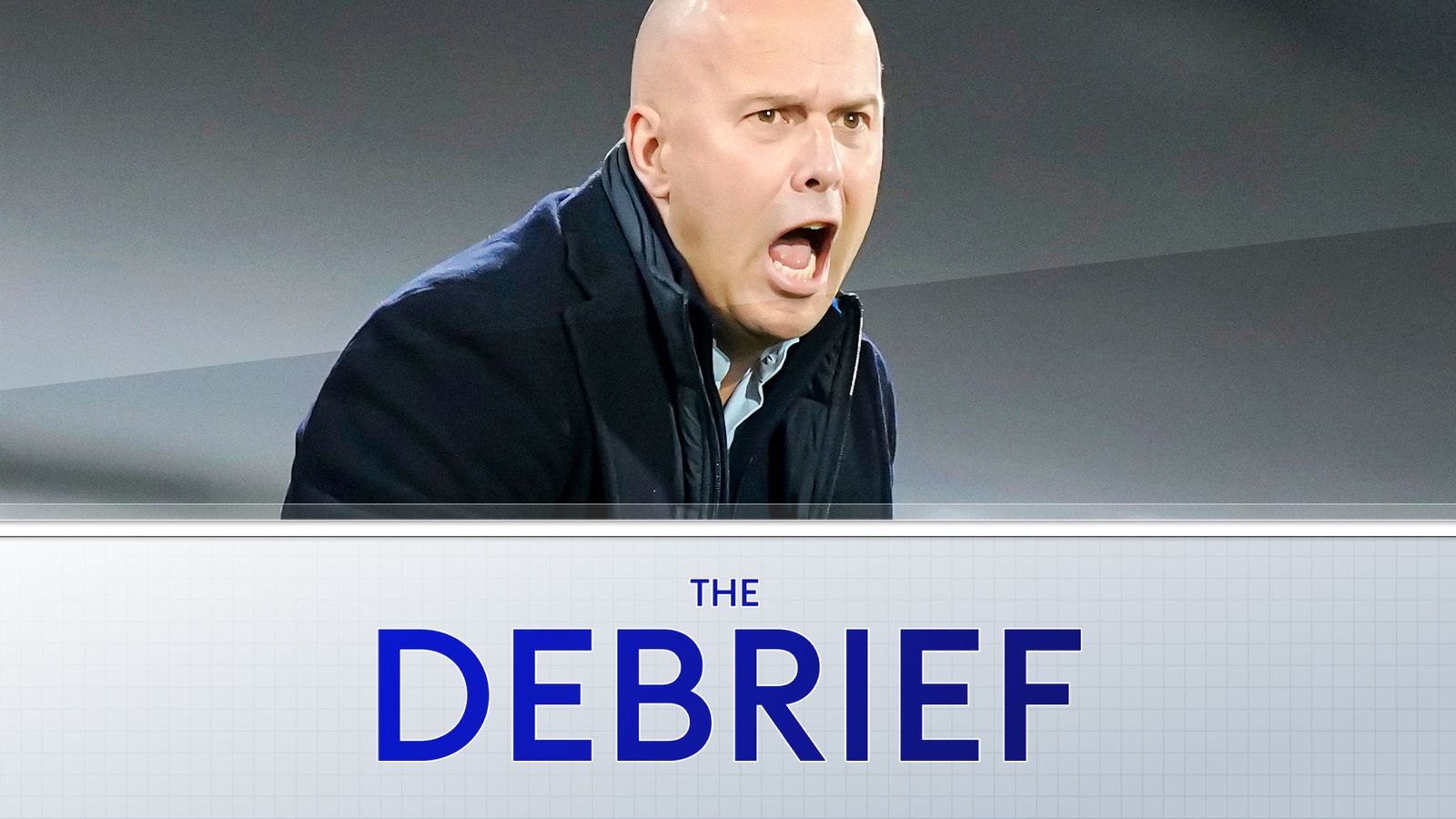
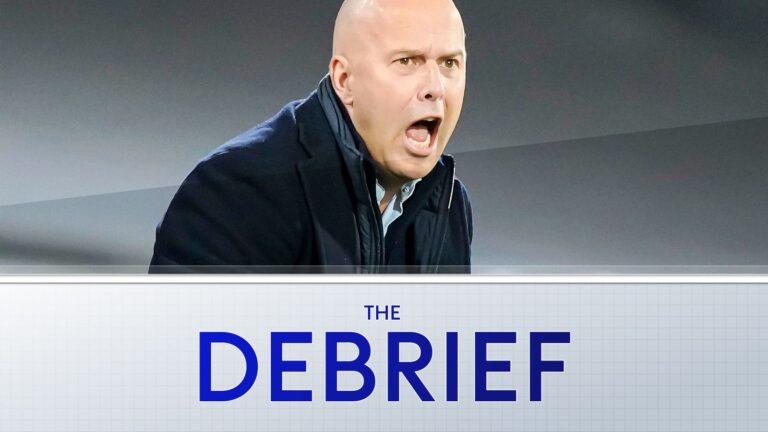
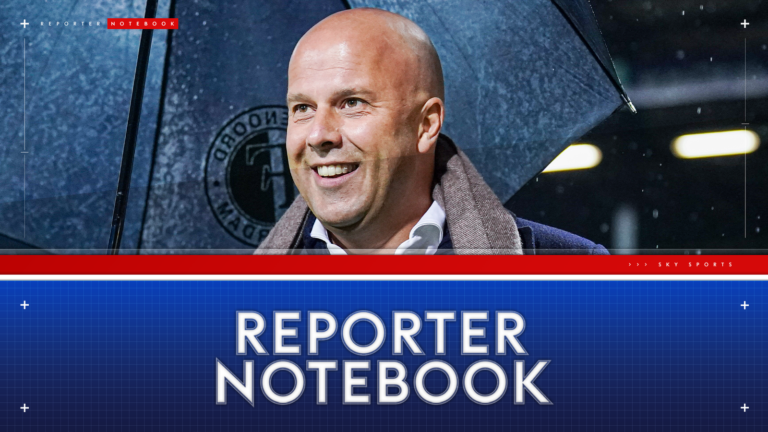
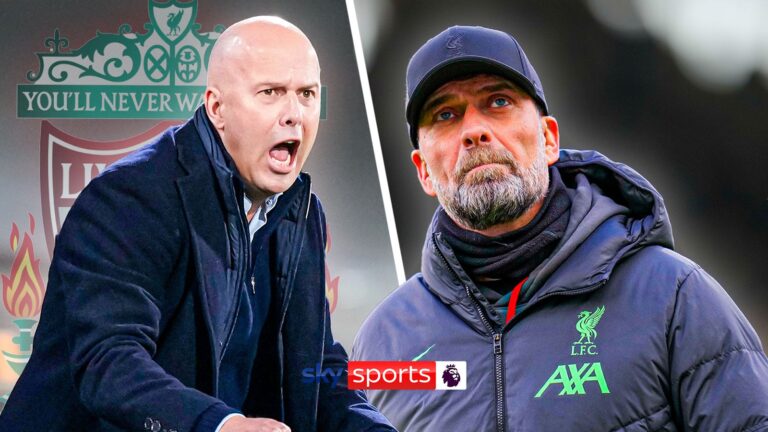

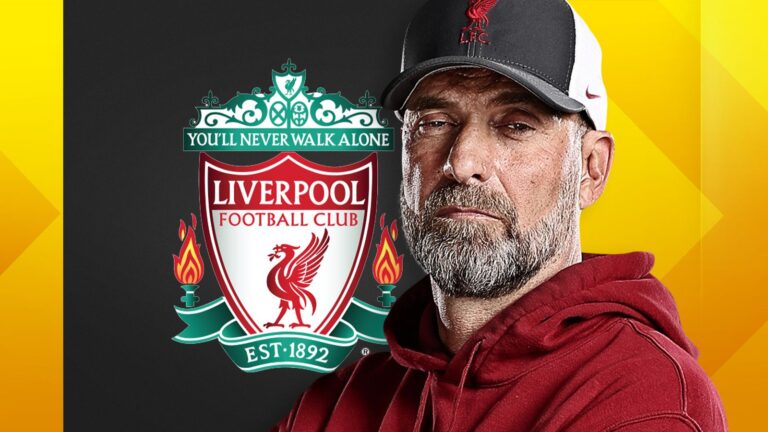
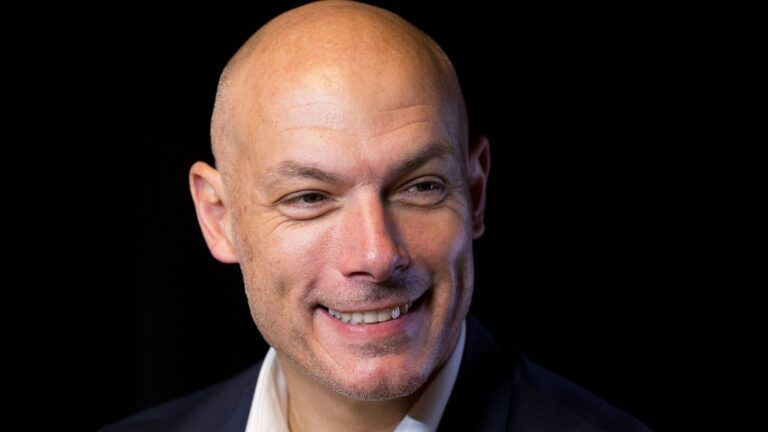


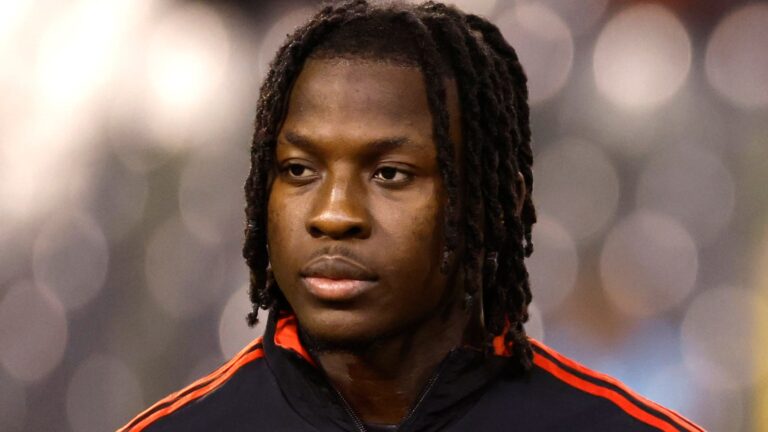



+ There are no comments
Add yours